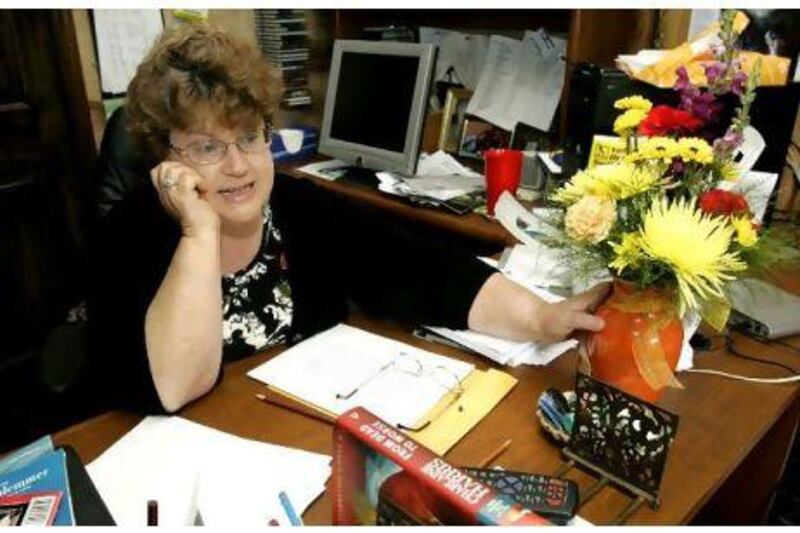Chained to the desk, caught up in the day-to-day drudgery, many professionals share a fantasy: if only I could do what I love.
And without a doubt, combining a life's passion with your work can inspire great dedication and provide a sense of meaning that is sometimes missing in the workaday world.
But sometimes that unbridled passion can hurt careers when professionals care about the job too much, warns Dorie Clark, a marketing strategy consultant, writing in the Harvard Business Reviewin April. Here are some reasons why Ms Clark says people should think twice before doing what they love:
You love it - but you're not great at it. It's hard for businesspeople to judge themselves accurately, so they should first ask their friends and employers what their talents and weaknesses are. Then they should play to their strengths, even if those characteristics don't lead to what people would describe as their dream job.
You're skilled at your passion - but hate the work that surrounds it.
Many businesspeople are masters at their craft but drop the ball when it comes to everything else. One of Ms Clark's clients, for instance, was a brilliant graphic designer who worked in-house for big companies before striking out on her own. But although she loved working closely with clients and helping them create just the right branding, she was simply unable to manage her pricing and cash flow. It's possible to learn these skills, but, for many, the process sucks the joy out of their chosen field.
Khaled Matar, who talked on this page last week about his passion for making music, said that fear is precisely what keeps him working his day job as a PR professional in Abu Dhabi. The enjoyment of music comes in part from the fact that he doesn't "feel it's a job".
"If I had to toil away in the studio for hours and hours, I don't know if I'd like it any more," says Mr Matar.
You're too emotionally attached.
Ms Clark writes that she recently heard Charlaine Harris, the author of the wildly popular vampire series that spawned the TV show True Blood, talk about this issue. The best writers, Ms Harris said, don't fall in love with their characters, or their words. They don't mind being edited - in fact, they're open to suggestions that make them better.
Writers who get too close to their work and take criticism too personally never improve. Similarly, businesspeople need to look carefully at whether passion for their work is clouding their judgment. When they care deeply about a pet project, for example, it's hard to make a rational decision about whether it should live or die.
No one will pay for it.
Businesspeople can turn a hobby into a job - but only if someone is willing to pay for a product or service. Sometimes the market's just too small - for example, you may want to think twice about getting into luxury vacation planning for couples honeymooning in Belarus. Other times the margins are too thin.
No one wants a job or a career they hate. But sometimes it is better for people to do what they like - not what they love.
* with Reuters





